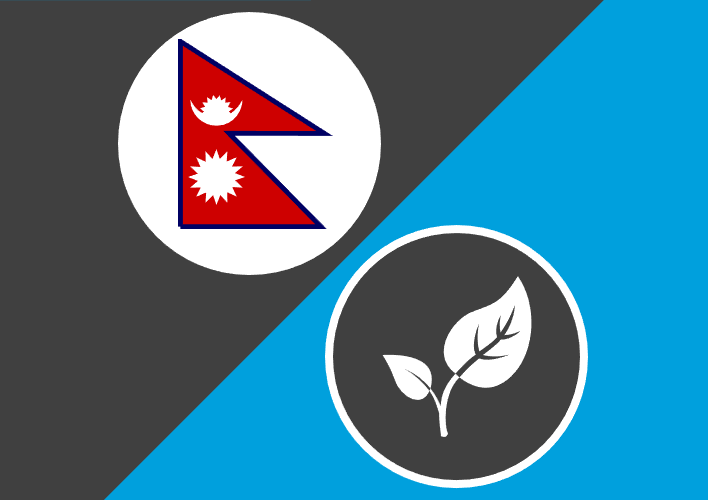Mennonite Central Committee Canada is supporting Shanti Nepal with a three-year integrated nutrition and agriculture and livelihoods project in Benighat-Rorang and Gajuri Rural Municipalities, Dhading District, Nepal.
Poor food production, access, and limited food utilization practices are contributing to high rates of food insecurity and malnutrition in the area. Farmers struggle to produce enough crops for household consumption and sale due to poor water availability and weather variability attributed to climate change.
Accessing food from markets is difficult due to the region’s remote location and large distance from town-centers. As many men in the household migrate for work, this is especially challenging for women responsible for caring for all farm and household duties.
Poor hygiene and sanitation and limited availability and knowledge on fruits and vegetables is also contributing to high malnutrition rates, especially among women and children.
The main goal of this project will be to improve maternal and child nutrition by increasing agricultural production, enhancing knowledge and practice of consuming nutritious foods, and offering pathways to more sustainable livelihoods.
Activities will be administered through community-based groups including child growth monitoring, nutrition, health and WASH promotion activities, trainings on improved agriculture methods, provision of agriculture inputs, and savings and loans groups. The groups will also work with the community to identify and monitor malnourished children and women and provide super flour where necessary. These groups will specifically work with women of reproductive age, children under age 5 and households with food sufficiency of less than six months per year.
Over three years, the project will benefit 9,544 households (approximately 48,197 individuals).
